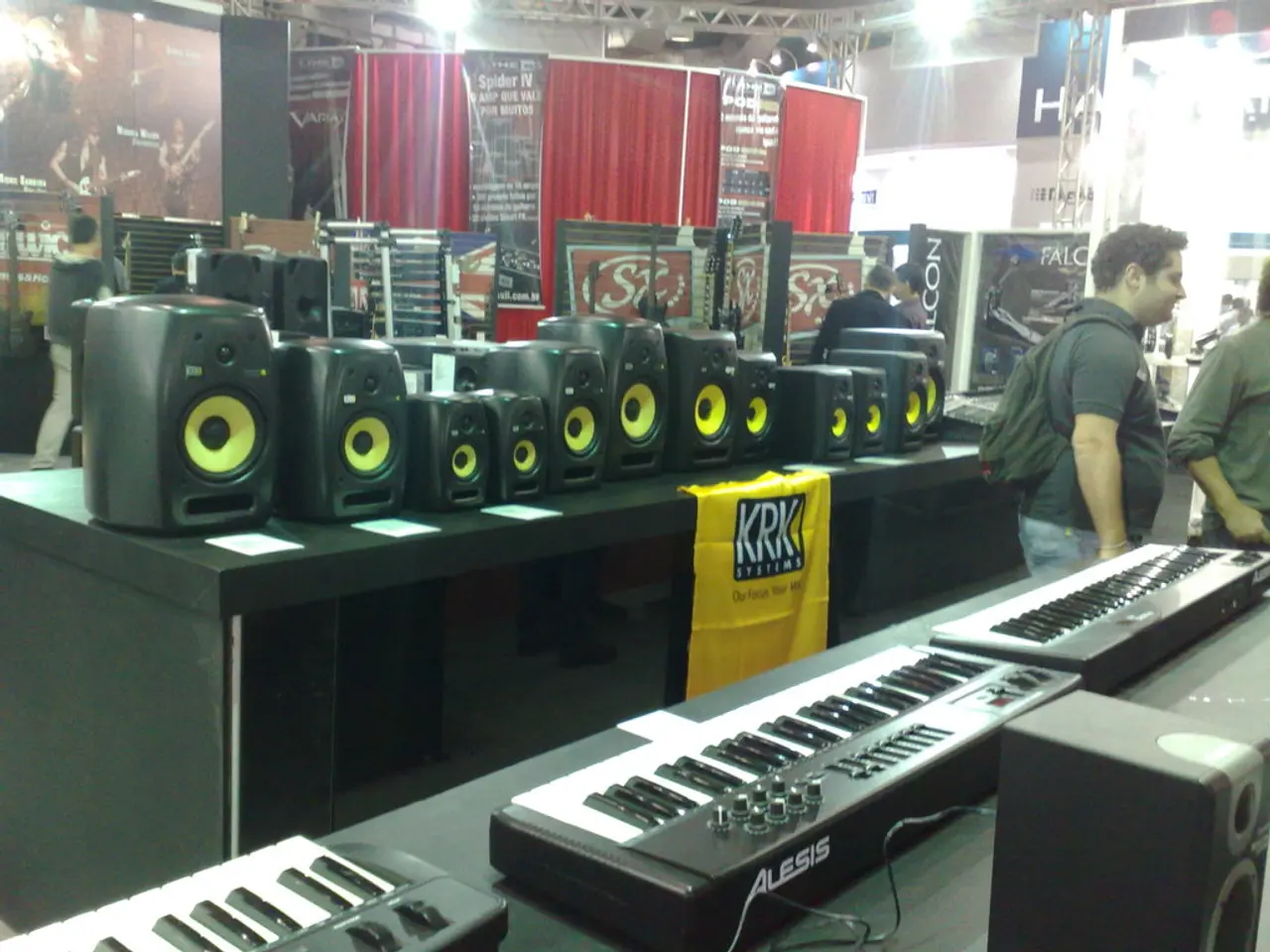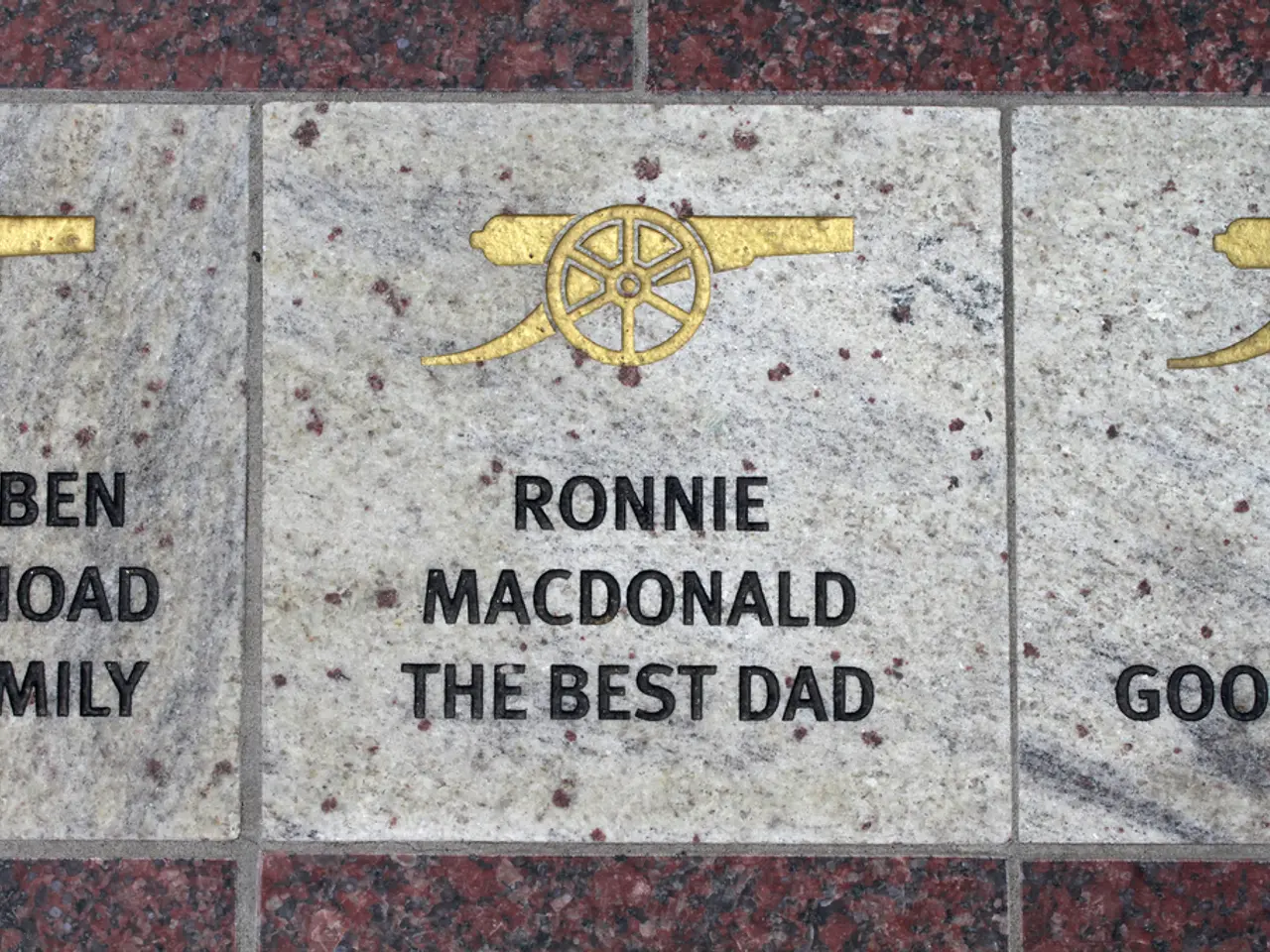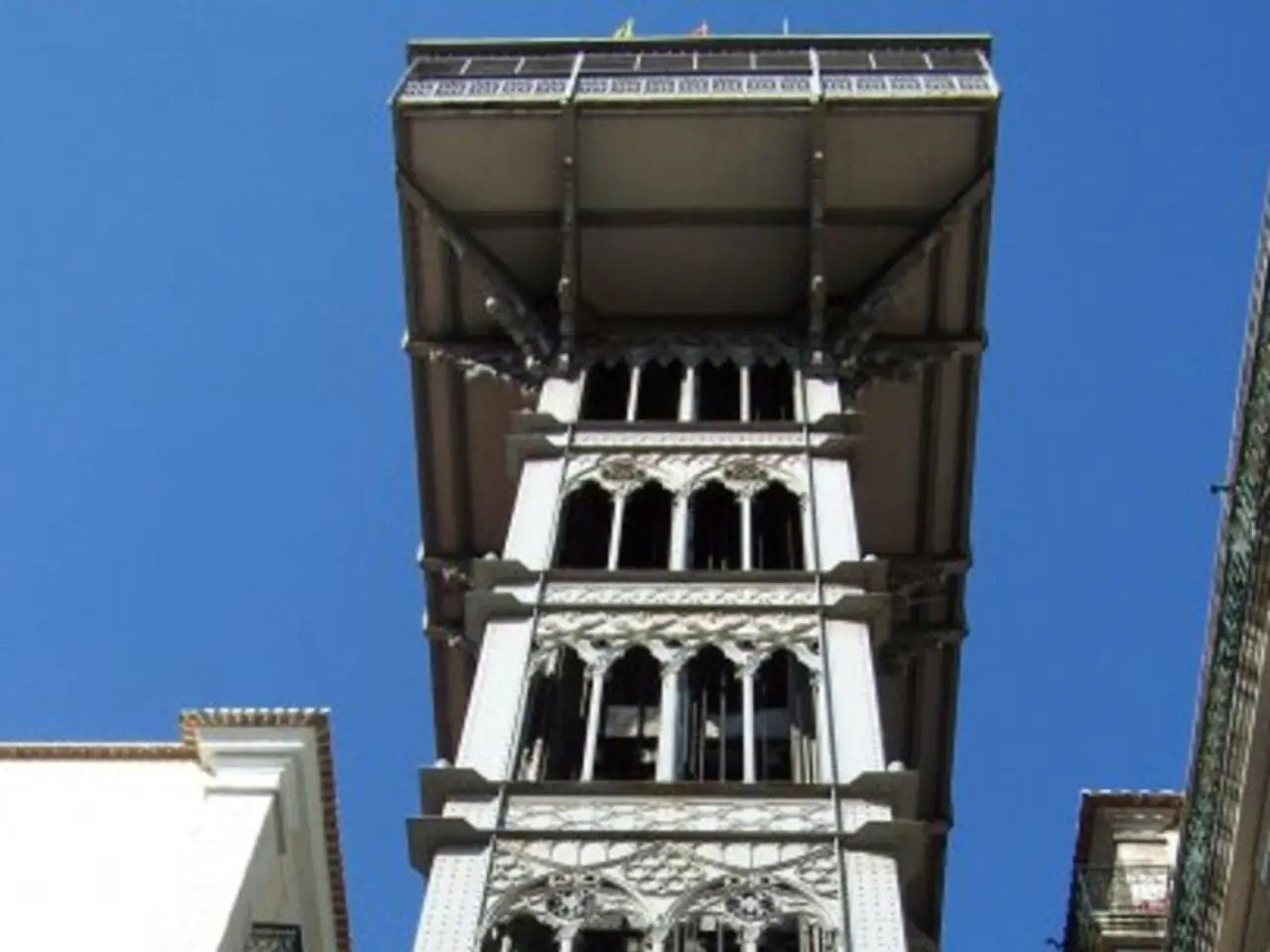Trump's Success in Atlantic City Affirmed in 'Best Life Evolution Video'
In the 1980s and 1990s, Donald Trump made a significant foray into the world of Atlantic City casinos. He acquired and developed several properties, including the iconic Trump Taj Mahal in 1990 and Trump Plaza two years earlier [1][2][3]. However, these ventures were not without their challenges.
The Trump Taj Mahal, valued at nearly $1 billion, declared bankruptcy just a year after its grand opening in 1991 [3][4]. This required Trump to cede 50% ownership to bondholders to manage the debt. The Trump Plaza followed suit, filing for bankruptcy in 1992 [3][4].
Trump's casino holding company, Trump Entertainment Resorts, also faced financial hardships, entering bankruptcy protection multiple times, in 2004 and 2009 [3]. Despite these setbacks, Trump managed to avoid personal bankruptcy by reorganizing and leveraging external funding.
The Taj Mahal closed its doors in October 2016 due to heavy financial losses [1]. The property was later sold to Hard Rock International and rebranded, marking the end of Trump’s ownership. Trump Plaza was demolished in early 2021 after being declared a safety hazard.
Trump's Atlantic City casino ventures are often cited as major business failures, despite bringing him publicity and temporarily expanding his real estate portfolio. These ventures were plagued by debt and bankruptcy, leaving lasting financial difficulties rather than lasting profitability [1][2][3][4].
References:
[1] Associated Press. (2016, October 10). Taj Mahal casino in Atlantic City to shut down. Retrieved from https://www.apnews.com/article/667149ec7b064e10855601a5f19d1c66
[2] New York Times. (1991, March 12). Trump Taj Mahal Files for Bankruptcy. Retrieved from https://www.nytimes.com/1991/03/12/business/trump-taj-mahal-files-for-bankruptcy.html
[3] Washington Post. (2014, September 22). Trump's Atlantic City casino empire files for bankruptcy again. Retrieved from https://www.washingtonpost.com/news/wonk/wp/2014/09/22/trumps-atlantic-city-casino-empire-files-for-bankruptcy-again/
[4] CNN Business. (2009, February 17). Trump's casino company files for bankruptcy. Retrieved from https://money.cnn.com/2009/02/17/news/companies/trump_casino_bankruptcy/index.htm
- President Donald Trump's foray into Atlantic City casinos in the 1980s and 1990s included acquisitions like the Trump Taj Mahal in 1990 and Trump Plaza in 1988.
- The Trump Taj Mahal, valued at nearly $1 billion, declared bankruptcy just a year after its grand opening in 1991, requiring Trump to cede 50% ownership to bondholders.
- The Trump Plaza followed suit, filing for bankruptcy in 1992, adding to Trump's financial woes.
- Trump's casino holding company, Trump Entertainment Resorts, also faced repeated financial hardships, entering bankruptcy protection in 2004 and 2009.
- Despite these setbacks, Trump managed to avoid personal bankruptcy by reorganizing and leveraging external funding.
- In 2016, the Taj Mahal closed its doors due to heavy financial losses, later being sold to Hard Rock International and rebranded.
- The Trump Plaza was demolished in early 2021 after being declared a safety hazard, marking the end of Trump’s ownership.
- Carl Icahn, a prominent investor, took over Trump Plaza in 2016, but it ultimately closed nonetheless.
- Trump's Atlantic City casino ventures are often cited as major business failures, bringing him publicity but leaving lasting financial difficulties rather than lasting profitability.
- The casino-and-gambling industry, including Trump's properties, has long been a major part of the culture and economy of Atlantic City.
- Despite these challenges, Trump's influence extended to policy-and-legislation and politics, shaping the casino-culture of the city and beyond.
- Although Trump no longer owns casinos in Atlantic City, his troubles with casino-games, casinos, and casino-culture in Las Vegas and elsewhere remain a part of general news.




